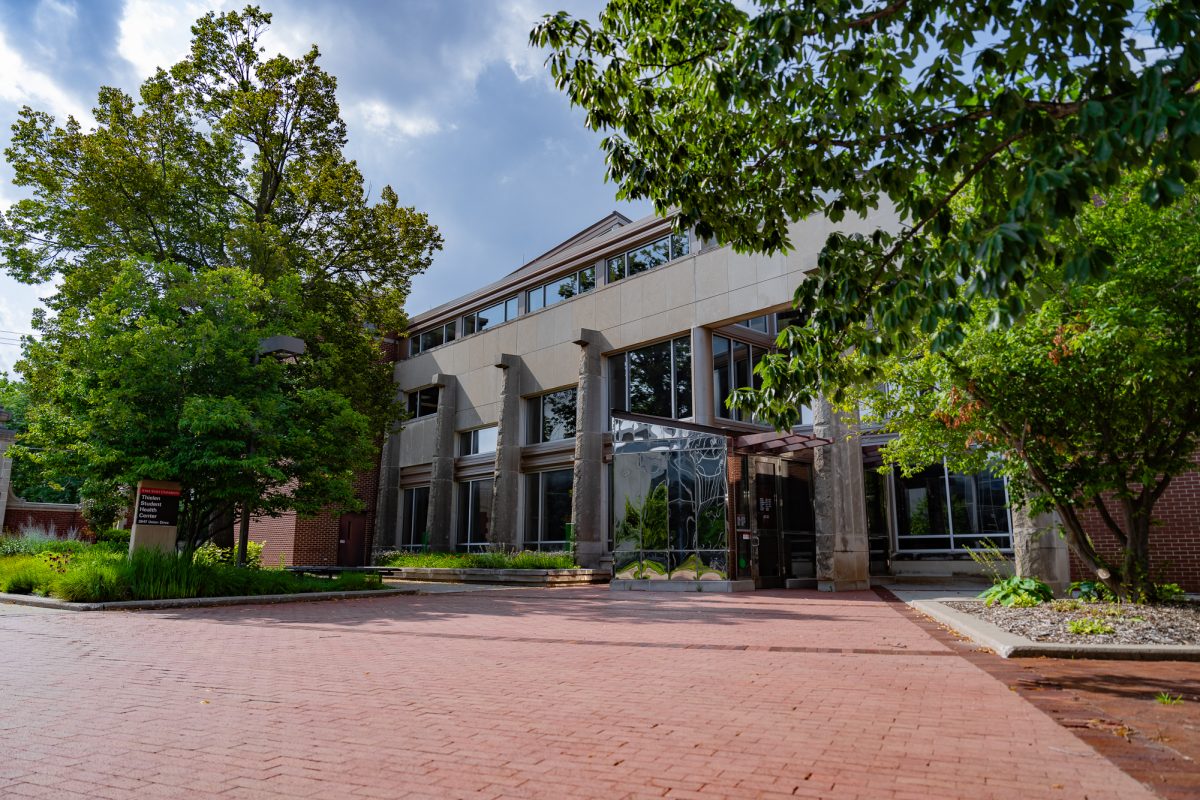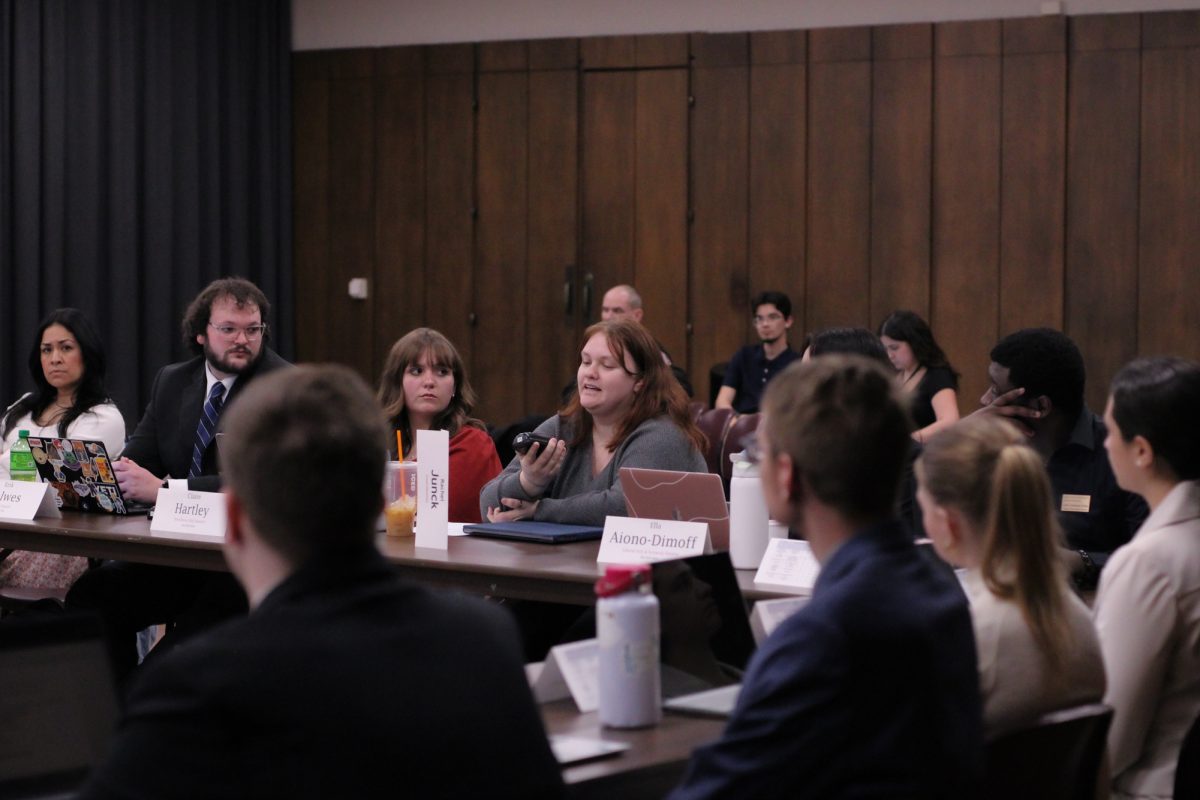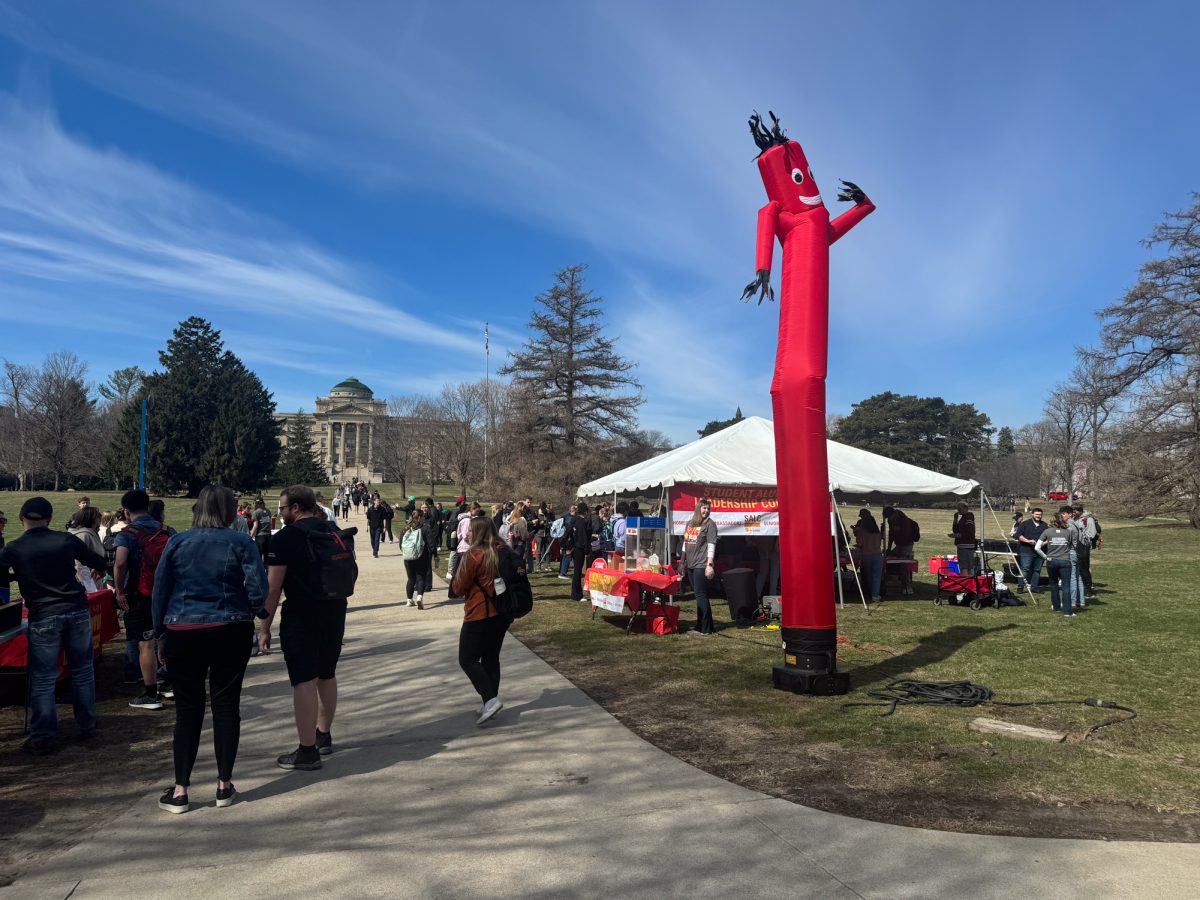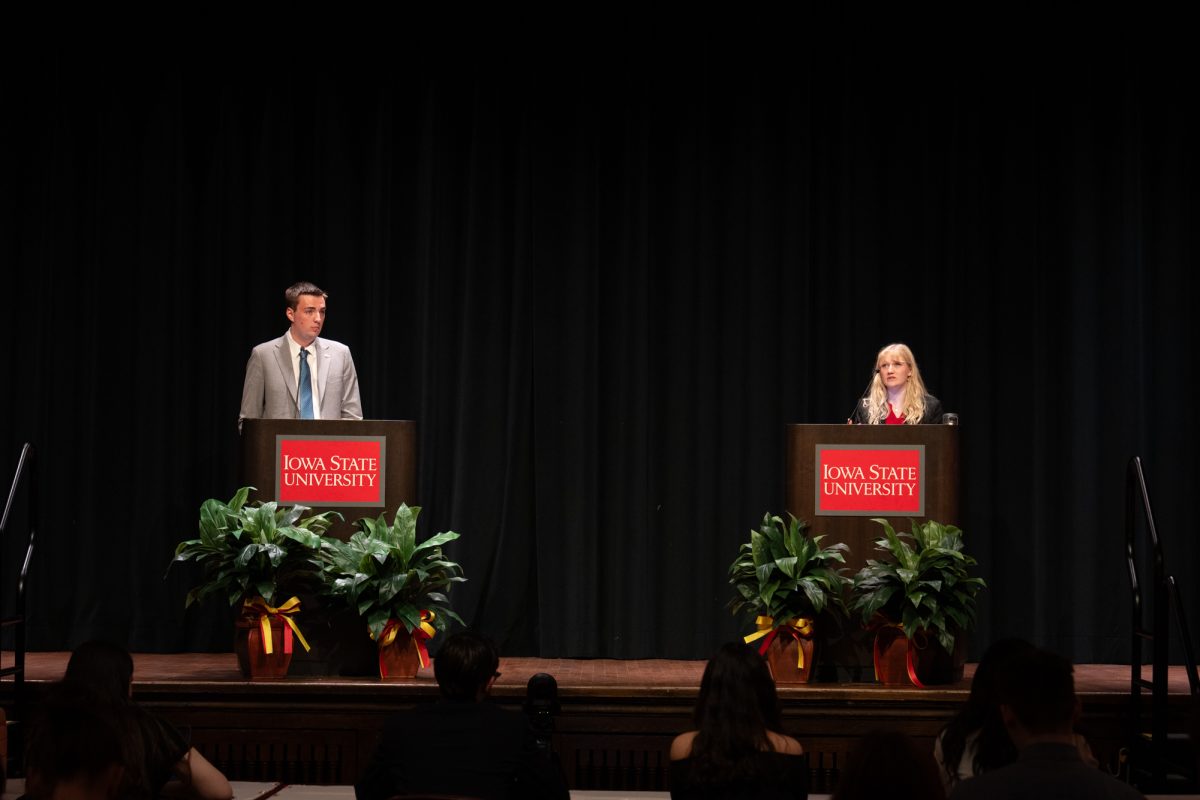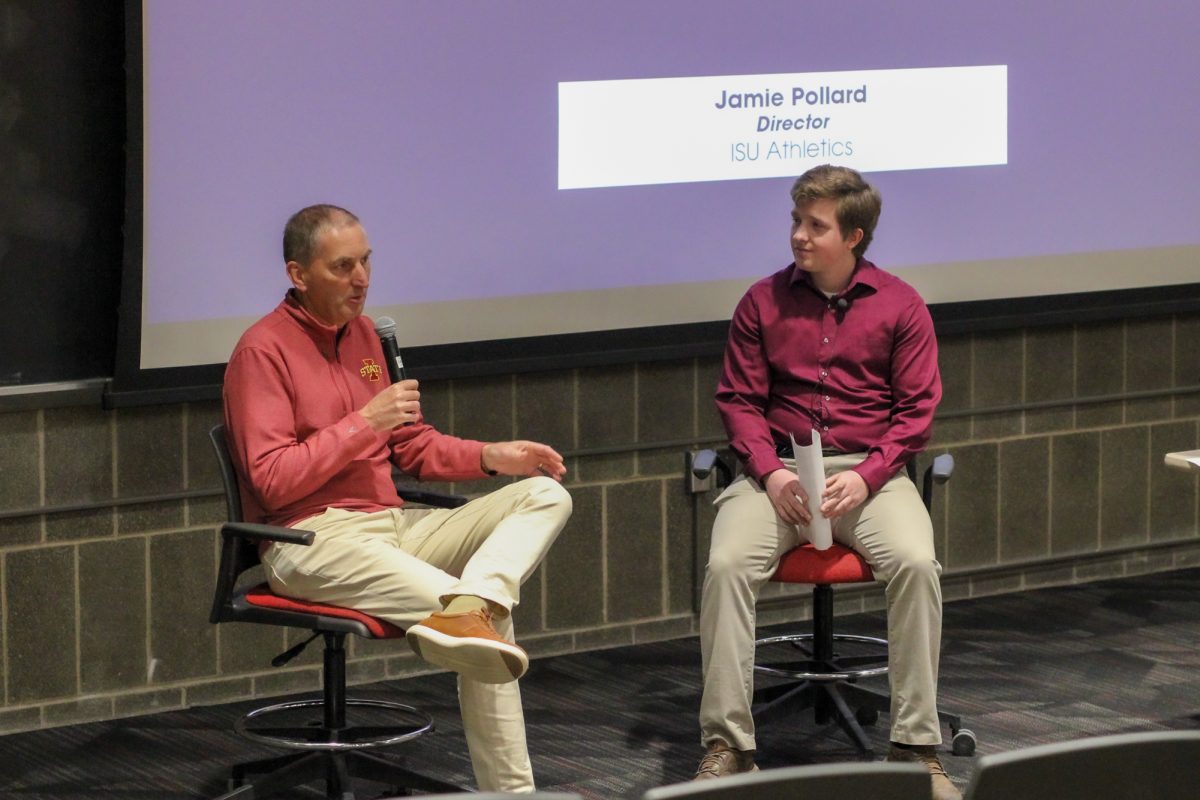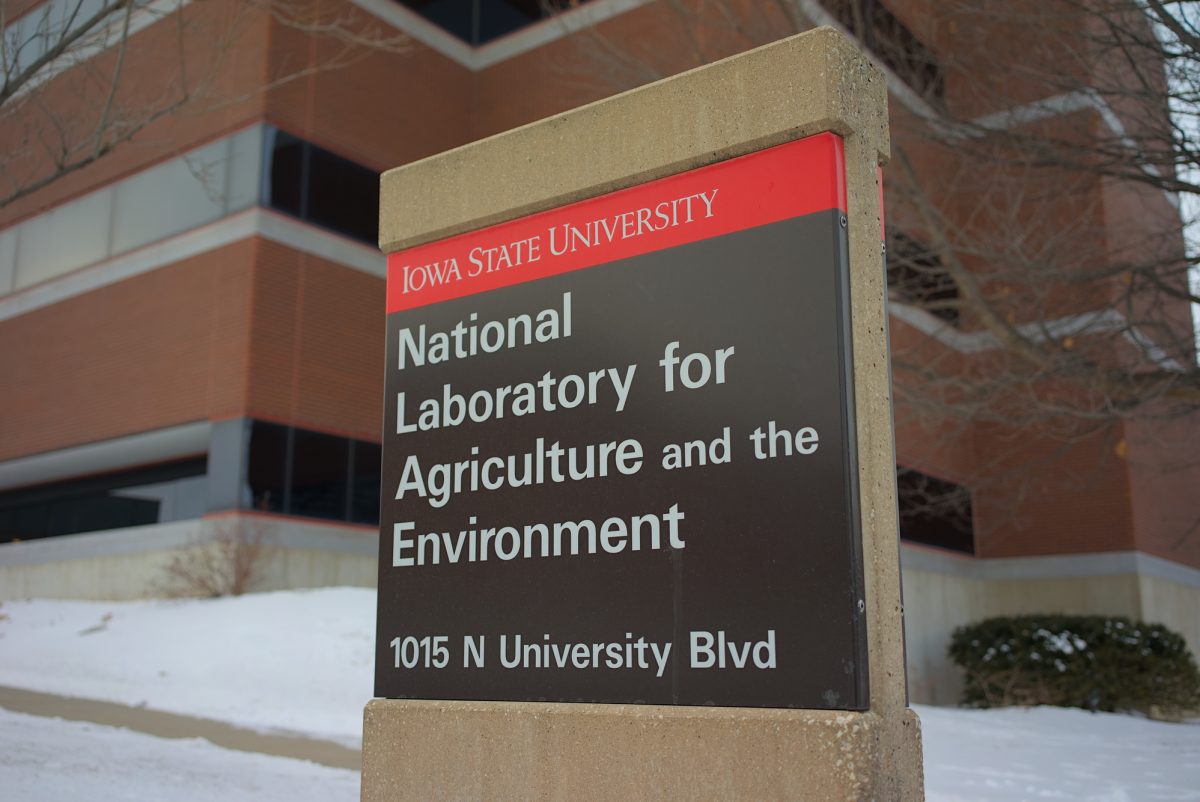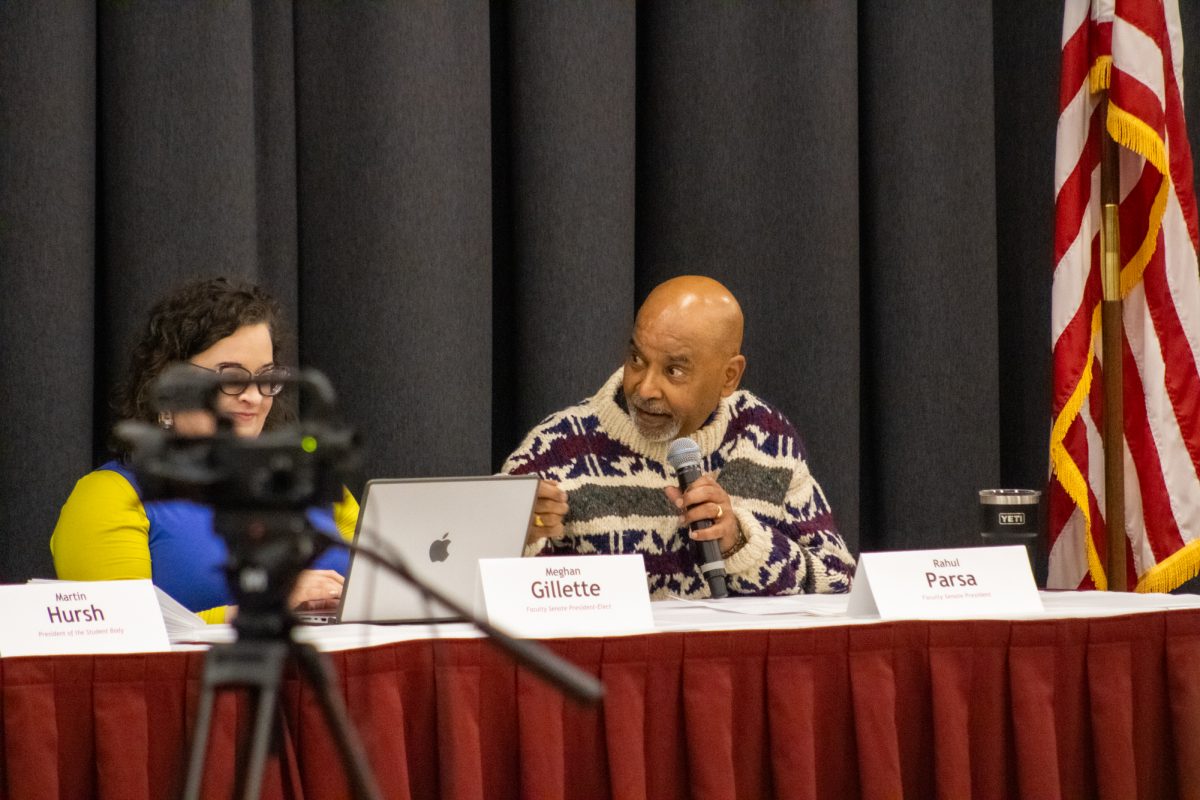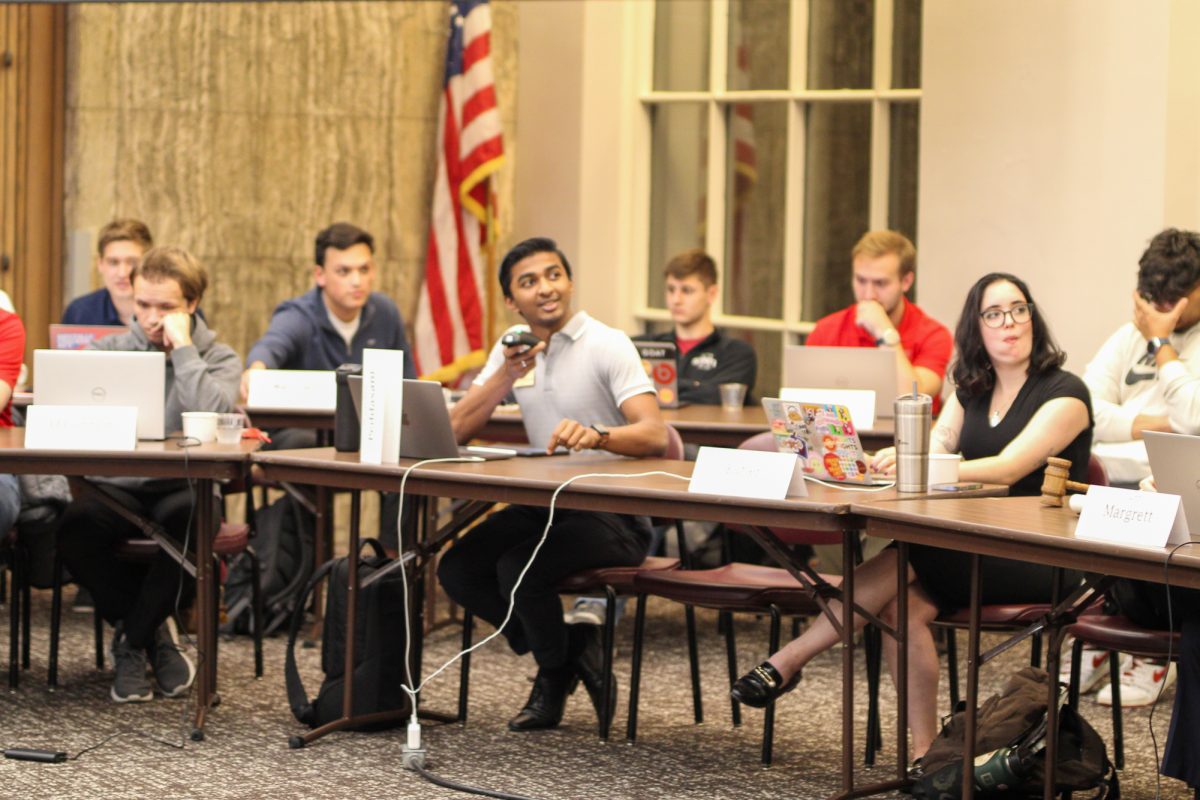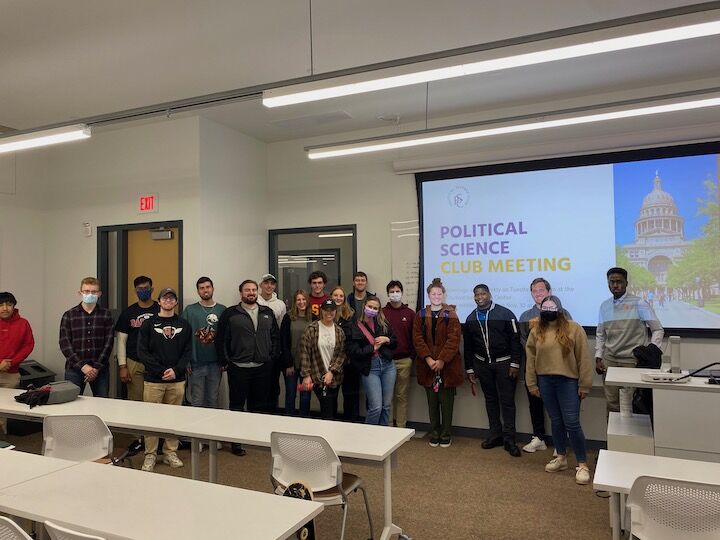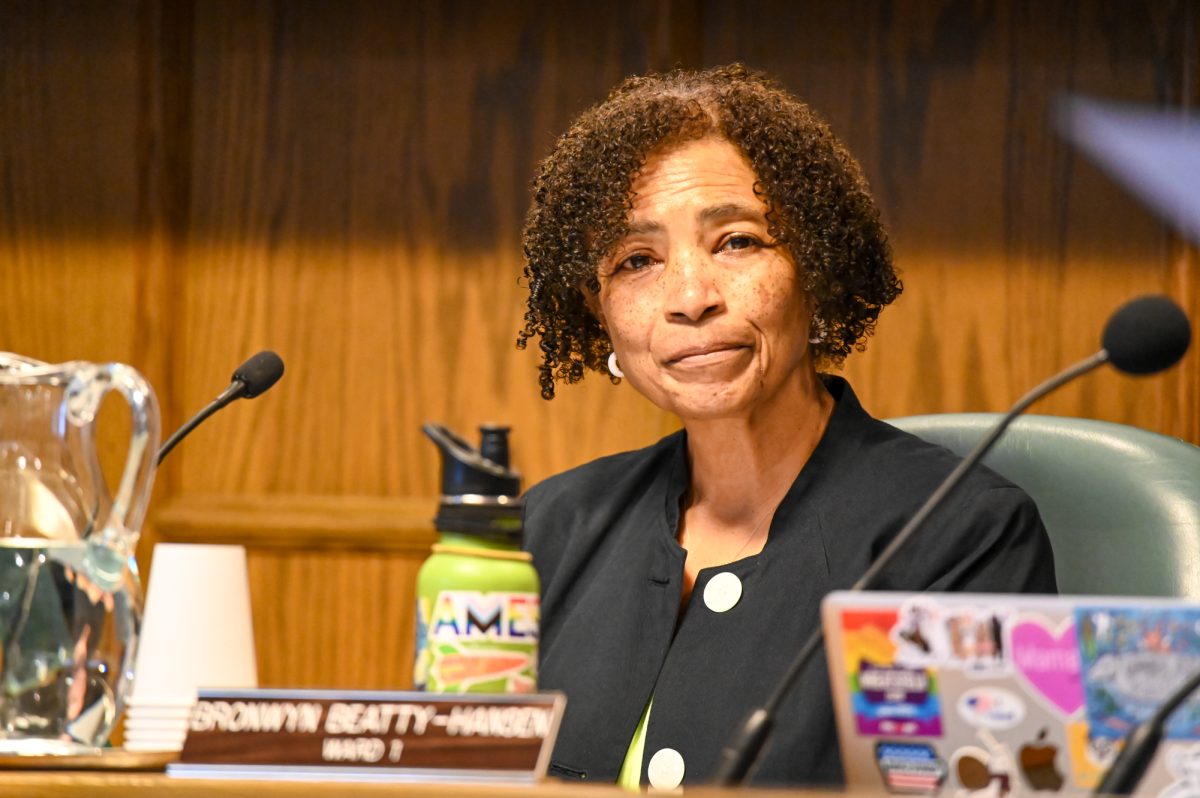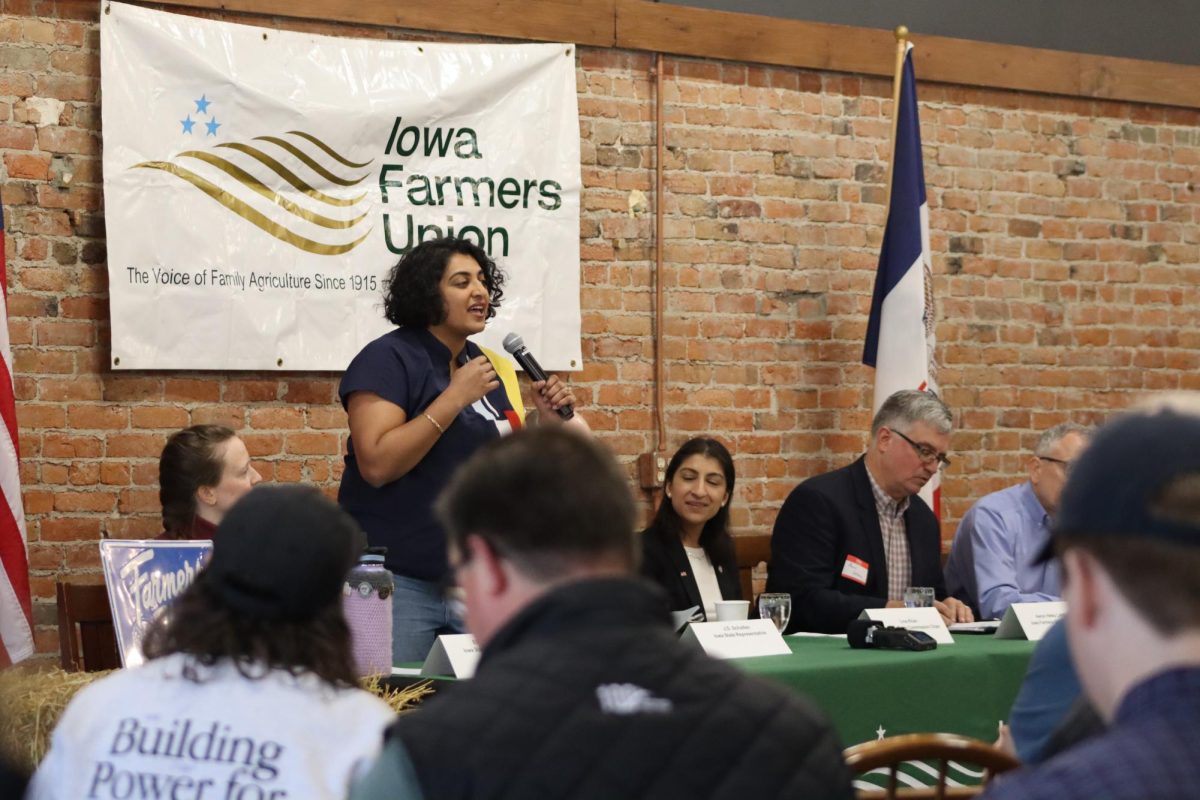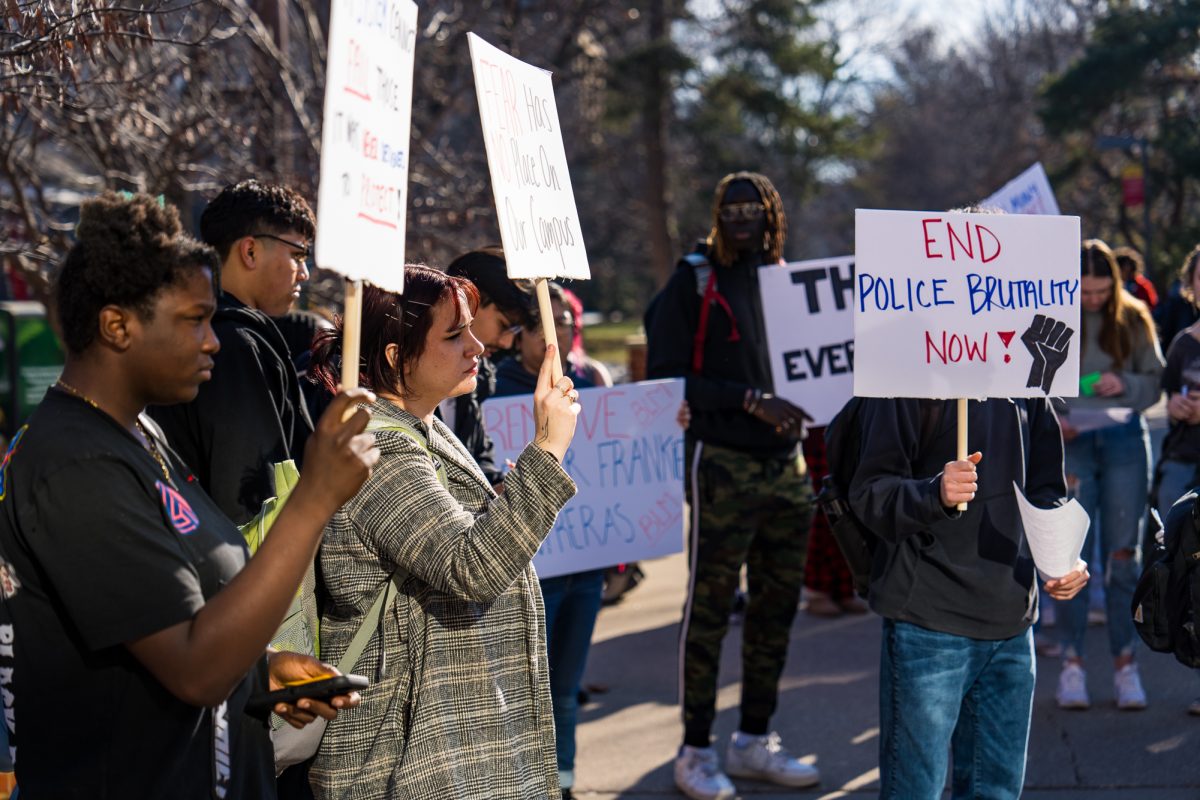Drew Klein, a regional vice president with Americans for Prosperity, spoke on partisanship and the role of grassroots organizations Tuesday at the Memorial Union.
Lecturing on the operations of partisan government and how its makeup influences the role of outside organizations, Klein focused on trifectas: a situation where the same party controls the executive branch and both houses of the legislature.
When discussing trifectas, Klein said they tend to operate under one of two “modes,” either acting cautiously to maintain power or behaving aggressively and accomplishing as many priorities as possible. He also noted which category the current Iowa trifecta falls under.
“We can all think of policy changes, whether we like them or not, from the Republican trifecta since 2017,” Klein said. “It is clearly a trifecta that has accomplished things that people will remember them for… The trifecta which tries to maintain power by not rocking the boat loses power faster than the trifecta that believes their time is limited and therefore takes political risks to accomplish their goals.”
Klein continued by discussing the individuals who make up these trifectas.
“When a citizen decides to run for office, they may have a functional level of knowledge on a handful of subjects, and it’s probably the ones they are the most passionate about,” Klein said. “But once elected, they will be asked to vote on hundreds of bills, including topics they’ve spent no time thinking about and probably don’t care about. There is simply far more legislative material moving through a building in a given session than a candidate could develop expertise on.”
Keeping elected officials informed is one of the roles of grassroots organizations, said Klein.
“Some of the biggest policy changes here in Iowa were unthinkable 12 years ago, but outside groups driving long-term strategies built on the involvement of average citizens slowly changed the conversation on what was possible,” Klein said.
Klein continued his support of grassroots work.
“What makes grassroots advocacy different than other forms of advocacy as well is the policy change that results from grassroots advocacy work tends to be more durable,” Klein said. “If you simply win an election and impose your will through legislation without actually having the backing of real citizens, real constituents, that policy change is subject to being overturned at the next election cycle.”
After his lecture, Klein described his wishes.
“My goal is for people to be more involved and not sit on the sidelines,” he said.
For more information on lecture series events, visit their website.





